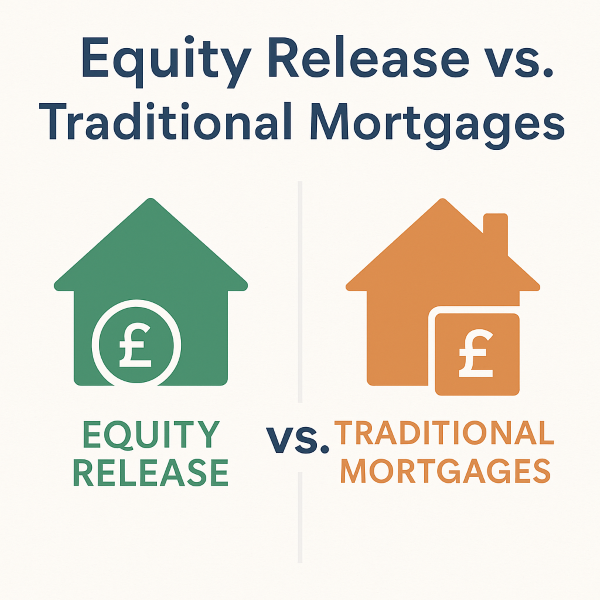Who Is This Guide For?
This guide allows anyone to switch to a more affordable mortgage rate.
The UK mortgage market is highly competitive, offering numerous deals. However, choosing the right option can feel overwhelming. Despite many deals, finding the best one has become more challenging in recent years. This guide aims to help you identify the most suitable deal and assess your eligibility.
Specifically for Those Remortgaging Their Home
If you already have a mortgage and want to switch lenders, this guide is for you. It also applies if you own your home outright but need to borrow against it.
Also Helpful for People Moving Home
If you’re planning to move, this guide offers useful insights to get started. While this content provides general advice, there’s also a dedicated guide for home movers. That guide includes extra tips and immediate saving strategies.
Why Should I Remortgage?
Remortgaging involves transferring your mortgage from one lender to another for a better deal. Importantly, you don’t need to move house to remortgage.
The primary reason for remortgaging is to save money. For most people, a mortgage is their largest financial commitment. Streamlining this debt can lead to significant savings. If you compare prices for televisions or broadband, why not apply the same approach to your mortgage?
When to Consider Remortgaging
You’ll likely move to your lender’s Standard Variable Rate (SVR) when your introductory offer ends. This rate is rarely the cheapest option. Consequently, exploring remortgaging options becomes essential to reduce costs.
Before switching, ask your current lender for a new deal. This could lower the fees associated with changing lenders. Lenders want to retain your business, so they may offer a better rate to keep you.
Costs Associated with Remortgaging
While remortgaging can save substantial money, it’s important to consider the associated costs. For instance, as mortgage rates have dropped, some lenders have raised their fees. You might encounter exit fees when leaving your current lender. Additionally, early repayment charges could apply, depending on your existing agreement.
These costs shouldn’t deter you entirely, as the potential savings can outweigh the expenses. This is particularly true if you have a large mortgage balance. However, it’s crucial to calculate these figures carefully before making any decisions.
By understanding your options and doing the maths, remortgaging can be a highly effective way to save money. Consider your current deal, additional costs, and potential savings to ensure the move benefits you financially.
Reasons to Consider Remortgaging
Your Mortgage Doesn’t Fit Anymore
A pay rise, inheritance, or life changes may mean your current mortgage no longer suits you. For example, you might want to make overpayments, but your deal only permits limited extra payments. Alternatively, you might need to miss a payment due to job changes or returning to education.
Some mortgages offer flexible features, such as payment holidays or options that combine savings with the mortgage. However, these benefits often come with higher interest rates. Consider whether you’ll genuinely use these features before committing to a more expensive option.
Interest-Only Mortgages May Leave You Short
Many UK homeowners with endowment mortgages have faced shortfalls. These were popular in the ‘80s and ‘90s, combining loan interest payments with investments meant to cover the capital. Unfortunately, many investments underperformed, leaving borrowers unable to repay the loan balance.
If you have an interest-only mortgage, you’ll owe the full amount borrowed at the end of the term. If your investment isn’t sufficient, it’s crucial to act now. Converting some or all of the loan to a repayment mortgage is often a sensible choice. However, this will increase your monthly payments, as you’ll repay both interest and capital.
You could also cash in your endowment policy to reduce the mortgage or keep it as a separate investment. If life insurance is tied to your endowment, seek advice from a financial expert before making changes.
Borrowing More Through Remortgaging
If your current lender declines a further advance or offers unfavourable terms, remortgaging could help. Switching lenders might provide access to better rates and allow you to raise money cost-effectively. However, be cautious of fees, as these can reduce the financial benefits.
While some people plan to sell their homes to settle their mortgages, this can leave uncertainties. Property values may not increase enough, and finding an affordable new home could be challenging. Carefully consider all options before making decisions.






